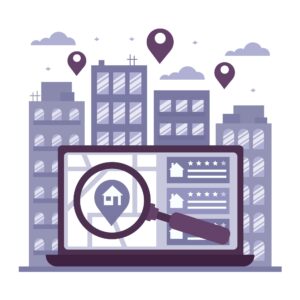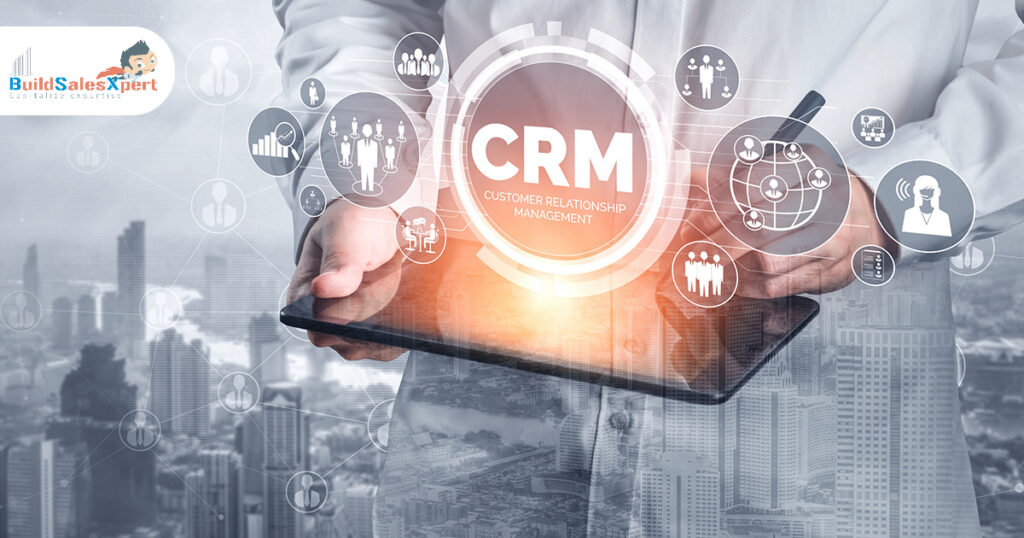In the dynamic world of real estate development, success hinges not only on creating exceptional projects but also on navigating a well-defined sales pipeline.
For real estate developers, the journey involves strategic marketing, effective sales techniques, and the seamless management of customer relationships through Customer Relationship Management (CRM) systems and software. In this article, we will explore the key stages of the sales pipeline for real estate developers, with a focus on the interconnected realms of marketing, sales, and CRM.
1. Market Research and Positioning: Building the Foundation
The journey begins with meticulous market research to identify opportunities and understand the target audience. Developers analyze market trends, demographics, and competitive landscapes to position their projects effectively.

This initial stage sets the foundation for a targeted marketing strategy, ensuring that developers align their projects with the specific needs and desires of their potential buyers.
2. Branding and Pre-Marketing: Creating a Compelling Narrative
Developers move on to branding and pre-marketing, crafting a compelling narrative for their projects. This involves creating a strong brand identity, which is crucial for standing out in a crowded market.
Through pre-marketing efforts, developers generate buzz and anticipation around the upcoming project, utilizing channels such as social media, teaser campaigns, and exclusive events to capture the interest of potential buyers.
3. Digital Marketing: Harnessing the Power of the Digital Realm

In today’s digital age, a robust online presence is non-negotiable. Real estate developers leverage digital marketing strategies to reach a wider audience. This includes search engine optimization (SEO), social media marketing, email campaigns, and content marketing.
Digital platforms serve as powerful tools for showcasing projects, engaging with the audience, and driving traffic to dedicated project websites.
4. Lead Generation and Qualification: Nurturing Prospects
As marketing efforts gain traction, the focus shifts to lead generation and qualification. CRM systems come into play here, capturing and organizing leads efficiently.
Developers employ targeted campaigns and personalized content to nurture prospects, gradually qualifying them based on their level of interest, budget considerations, and other relevant factors. Effective lead management is pivotal for a seamless transition from marketing to the sales phase.
5. Channel Partner Enablement
Channel Partners Enablement is the secret sauce in a seamless sales pipeline. This strategic process involves arming partners with the knowledge, tools, and resources they need to effectively market and sell products. By aligning goals, providing targeted training, and leveraging technology, businesses empower partners to navigate the sales journey confidently.

Regular communication, incentive programs, and data-driven insights complete the loop, creating a collaborative environment that propels both businesses and partners toward mutual success. In the intricate dance of the sales pipeline, Channel Partners Enablement emerges as the linchpin, fostering synergy and driving sustained growth.
6. Sales Enablement: Empowering the Sales Team
With a pool of qualified leads in the CRM system, the sales team is empowered with the tools and information needed to convert leads into customers. Sales enablement involves providing the team with training, collateral, and resources to effectively communicate the value proposition of the project.
CRM systems contribute by offering insights into lead behavior, preferences, and interactions, enabling a more personalized and targeted sales approach.
7. Sales Presentation and Negotiation: Tailoring Solutions

In the sales presentation and negotiation stage, the focus is on showcasing the project’s unique value proposition. The CRM system continues to play a crucial role, providing real-time data on the prospect’s interactions and preferences.
Armed with this information, the sales team can tailor their presentations and negotiations to align with the prospect’s needs, addressing concerns and optimizing the chances of closing the deal.
8. Contract Management: Streamlining Processes
Sales agreement document management becomes a critical aspect. CRM systems streamline this process by centralizing sales agreement documents, tracking revisions, and ensuring that all parties are on the same page.
This not only enhances efficiency but also contributes to a positive customer experience, as transparency and clear communication are maintained throughout the sales agreement and signing stages, including error-free document generation including annexure.
Watch how sales agreement is generated using eBuildAuto CRM
9. Post-Sale Engagement: Building Long-Term Relationships
The journey doesn’t end with a signed contract. Post-sale engagement is vital for building long-term relationships and ensuring customer satisfaction. CRM systems continue to play a pivotal role by tracking customer interactions, providing insights for post-sale communication, and facilitating ongoing engagement.

Developers can leverage the CRM data to tailor post-sale activities, such as personalized communications, exclusive events, and loyalty programs, to enhance customer retention and advocacy.
Conclusion:
In the intricate dance of real estate development, the synergy between marketing, sales, and CRM is the key to a successful sales pipeline. From market research and branding to lead generation, sales enablement, and post-sale engagement, each stage contributes to the overall success of a project.
Real estate developers who strategically navigate these stages, leveraging CRM systems to optimize customer interactions, are poised for sustained growth and success. In a competitive landscape, the integration of marketing, sales, and CRM elevates the real estate development process, creating a seamless journey from project inception to long-term customer relationships.



